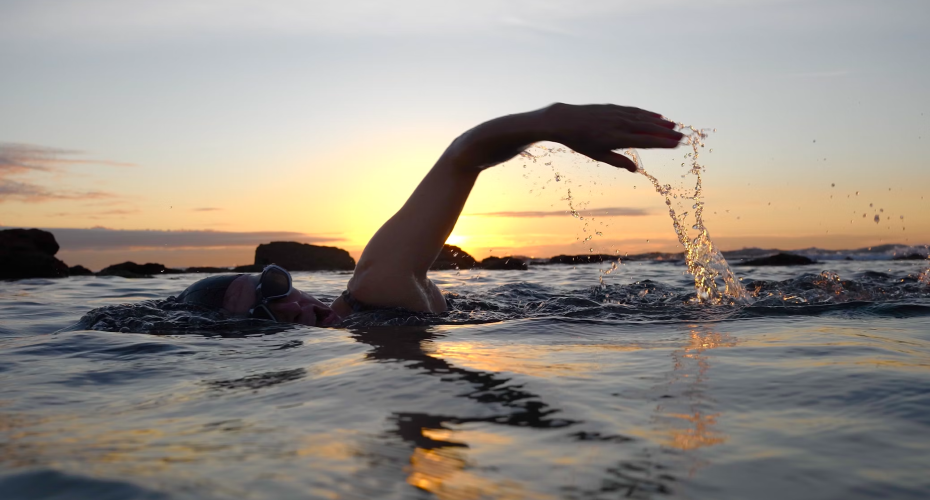Wild swimming boosts mental health more than open air pools

A large-scale study has found that wild swimming in lakes, rivers, or the ocean is linked to significantly higher levels of well-being compared to swimming in open-air pools.
Published in the Journal of Environmental Psychology, the study of 1,200 outdoor swimmers spanning 19 countries found that both forms of outdoor swimming were associated with improved mood and reduced stress, but wild swimming appeared to deliver a particularly significant boost to well-being.
The findings suggest that the key to this effect lies in experiencing feelings of autonomy and competence. Co-author Dr James Grellier, based at the University of Exeter and the European Centre for Environment and Human Health, said: “Open-water swimmers reported feeling a greater sense of independence and mastery over their environment—two factors strongly linked to well-being. Interestingly, social connection didn’t play as large a role, implying that many of wild swimming’s benefits might stem more from personal achievement than from community bonding, something often reported as important in previous research with swimming groups.”
However, the research also revealed a surprising nuance: more skilled swimmers, drawn to adventurous and riskier locations, sometimes reported higher anxiety levels. This suggests that while wild swimming can be deeply rewarding, it may also push individuals into situations that challenge their comfort zones. One of the two lead authors, Wencke Groeneveld at the University of Vienna, said: “Ensuring safe access to high-quality open-water locations could help more people enjoy the benefits while minimizing potential risks.”
The research draws on data from the BlueHealth International Survey, which asked participants about their recreational use of natural environments, particularly focusing on blue spaces and various health and well-being outcomes. Funded by the European Union’s Horizons 2020 programme, the survey was conducted between 2017 and 2020 across 15 European countries, with additions from Hong Kong, Australia, Canada and the USA.
Co-lead author Morris Krainz at the University of Geneva said: “As outdoor swimming continues to gain popularity, this study makes a strong case for swimming in natural environments—not just for physical fitness, but for mental well-being. It seems that there really is something special about diving into a lake or feeling the waves of the ocean. Our study indicates that it’s not just a matter of doing exercise in these spaces; wild swimming also seems to fulfil our needs for freedom, challenge, and a connection with nature.”



